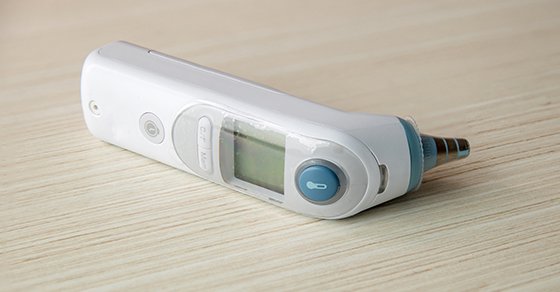Screen Employees for COVID-19 with EEOC Guidance
- Learn more about the EEOC’s recent guideline changes regarding screening employees for COVID-19.
- Find out under what circumstances employers can perform body temperature checks on employees during the pandemic.
- Learn more about specific screening questions employers can ask during the COVID-19 outbreak.
- Find out what guidelines now exist for employees who were sick to return to work.
- Find out how you can change your hiring process to screen for COVID-19 symptoms and whether or not you can withdraw a job offer based on screening results.
The coronavirus (COVID-19) outbreak has changed the way most employers are interacting with their employees. Many organizations have sent employees home to work remotely, but this isn’t feasible in every industry. If you still need to run an office or operate a facility with employees on-site, you may wonder what you’re legally allowed to do in terms of employee screening for COVID-19.
In March, the Equal Employment Opportunity Commission (EEOC) issued guidance in the form of a revised publication originally created during the H1N1 outbreak. Based on that guidance, Fiducial has some steps you can take to screen employees for COVID-19.
Perform body temperature checks to screen employees for COVID-19
Under normal circumstances, employers would be restricted from conducting medical examinations and inquiries under workplace anti-discrimination laws — notably, the Americans With Disabilities Act (ADA) and the Rehabilitation Act. But the EEOC has decided that employers covered by the ADA may measure employees’ body temperatures to help guard against COVID-19, even though doing so would constitute a medical exam. The agency also cautions that some people with COVID-19 don’t have a fever.
Screen employees for COVID-19 by asking whether they’re symptomatic
The EEOC guidance allows employers to screen employees for COVID-19 who call in sick whether they’re feeling symptoms consistent with COVID-19 or not. In this way, the employer can assess the risk of infection to the rest of its workforce. The agency stipulates that employers must keep every employee’s health-related information confidential in compliance with the ADA.

Direct sick employees to leave work and require them to produce a doctor’s note to return
The guidance recommends employers follow the Centers for Disease Control and Prevention’s advice that employees who become symptomatic of COVID-19 leave work immediately, return home, contact their physicians and self-quarantine. Employers may, without compromising ADA compliance, stipulate that any such employee present a doctor’s certification to return to work.
Update your hiring process
Employers can also screen employees for COVID-19 when hiring. In fact, the EEOC mandates such screening for “all entering employees in the same type of job.” Doing so may include taking an applicant’s temperature during post-offer and pre-employment medical examinations. You may delay the start date of any symptomatic new hire. You may even withdraw a job offer to an employee who must start right away but is suffering from COVID-19 or has symptoms consistent with the illness.
The pandemic is driving rapid change in the flexibility and application of many laws and regulations. Consult an employment attorney on the legal implications of any employment or hiring action you’re considering. Need help assessing and managing the current financial challenges of being an employer? Call Fiducial at 1-866-FIDUCIAL or make an appointment at one of our office locations. Ready to book an appointment now? Click here. Know someone who might need our services? We love referrals!









